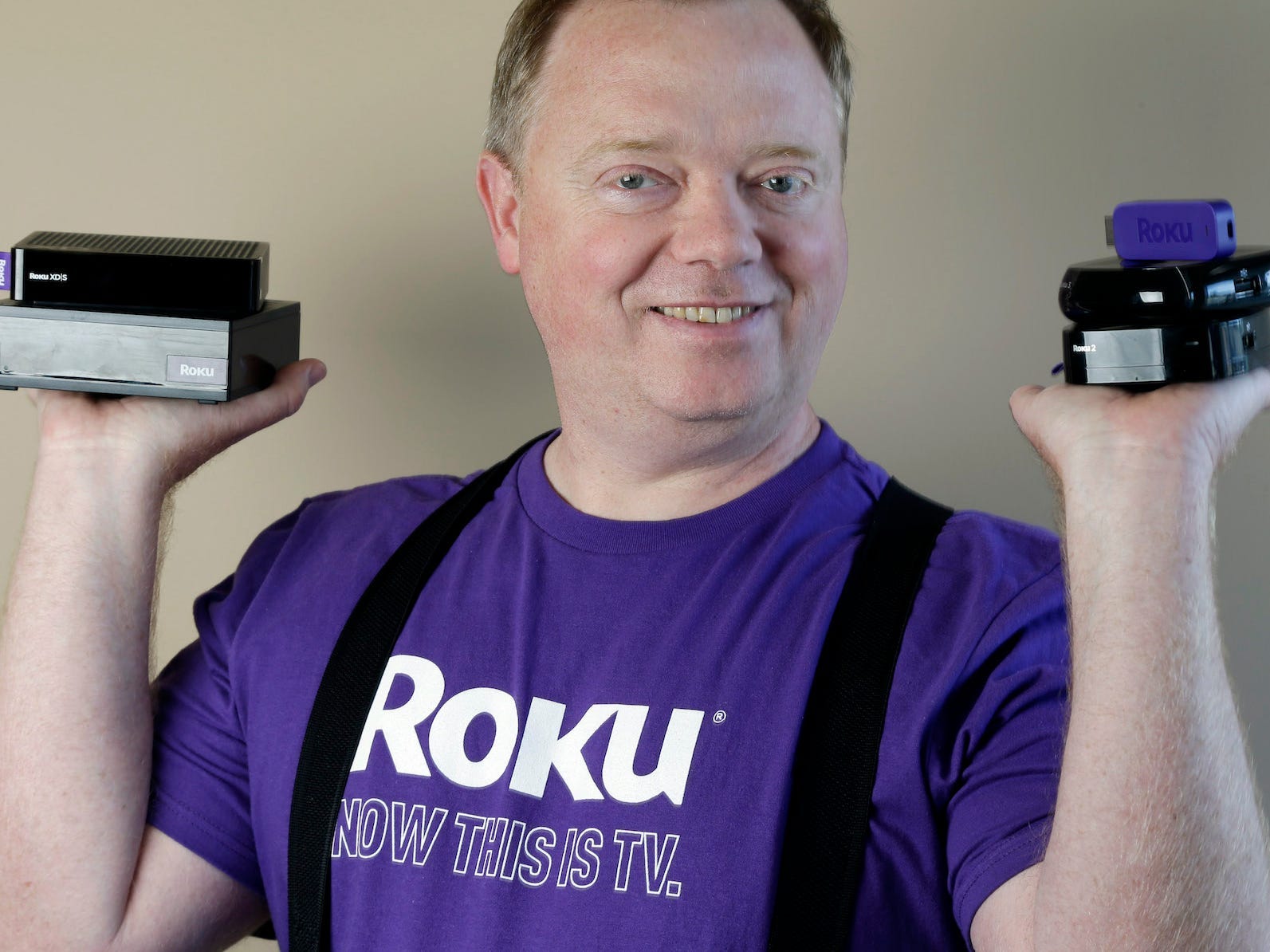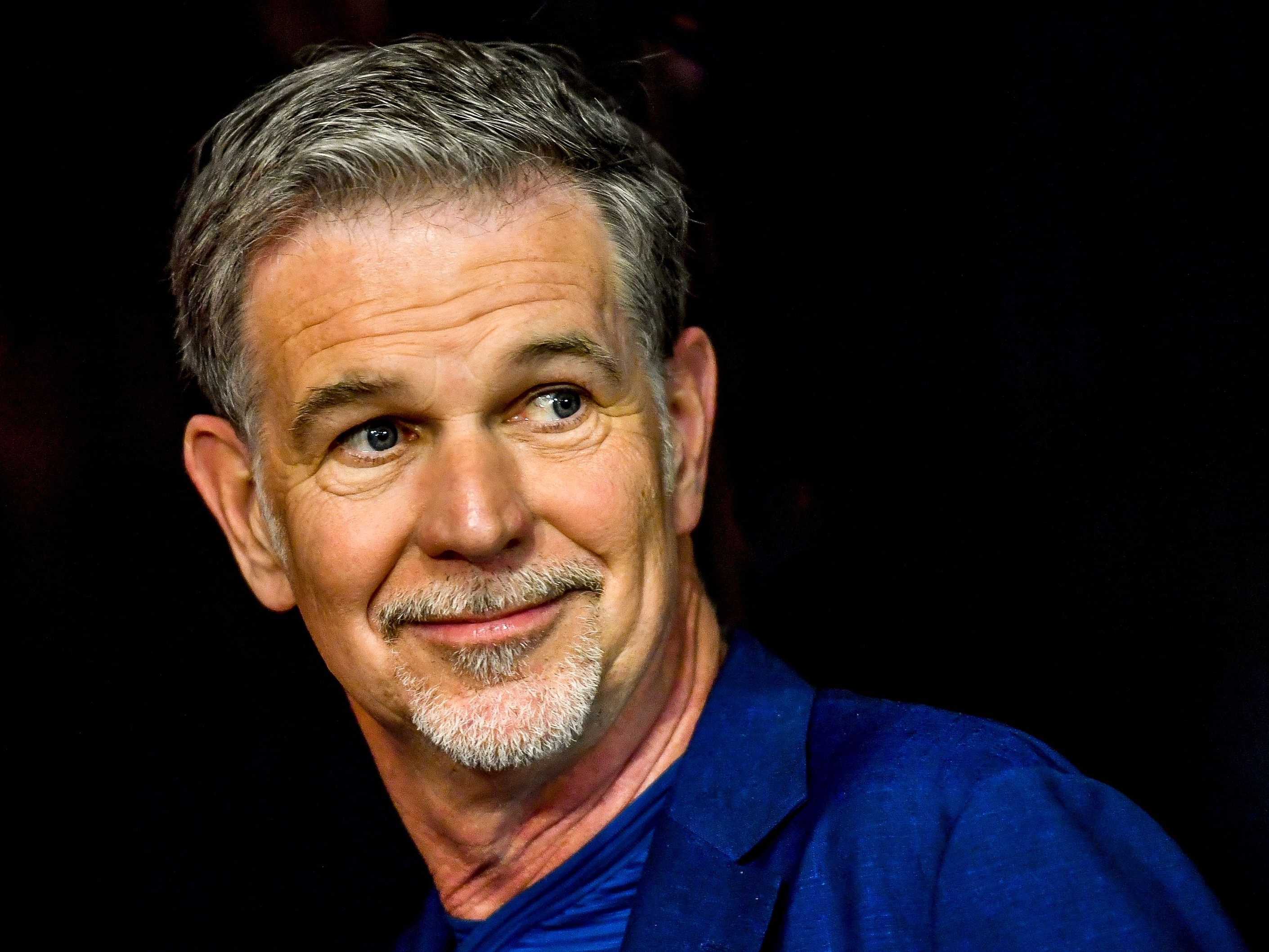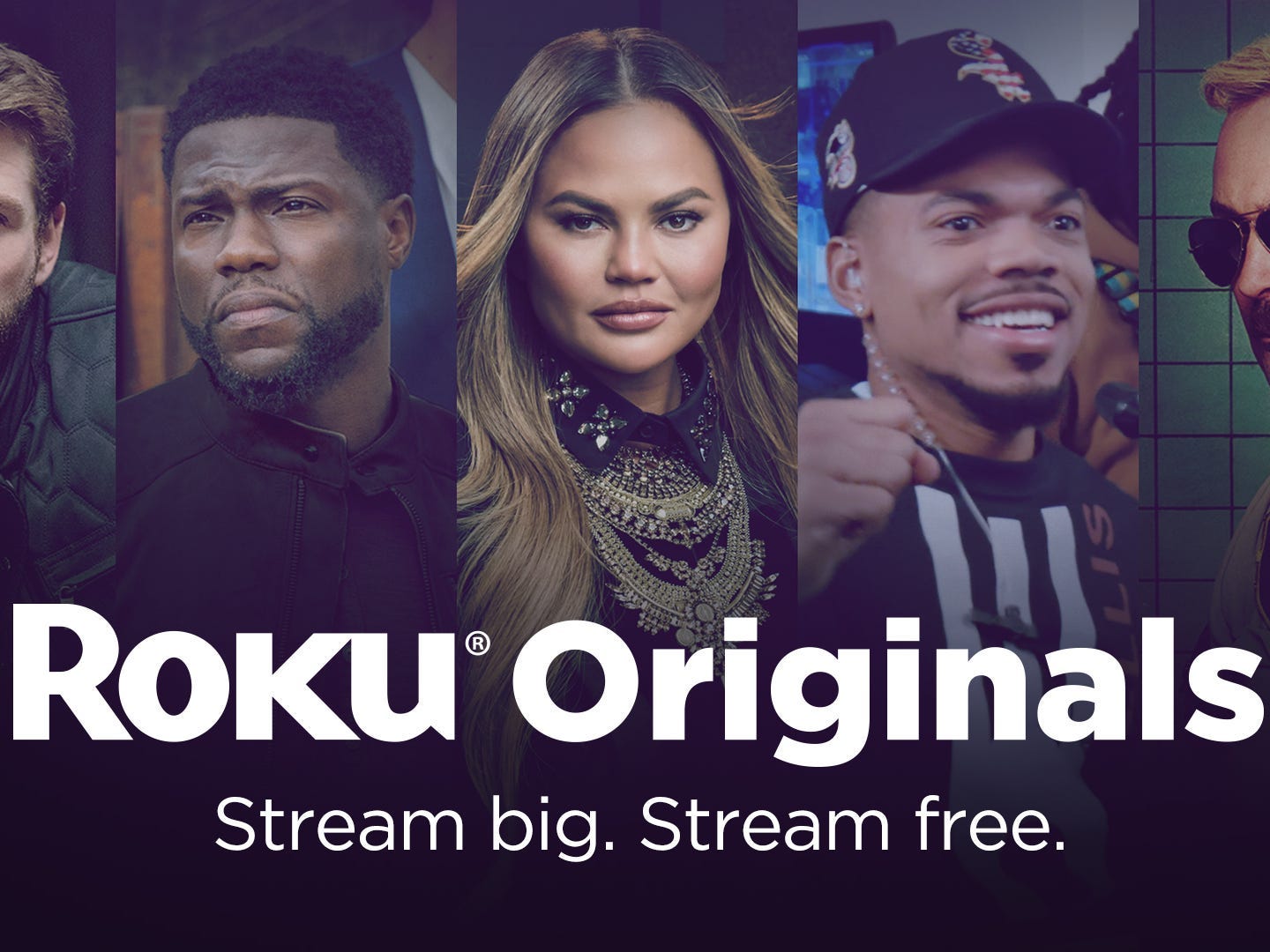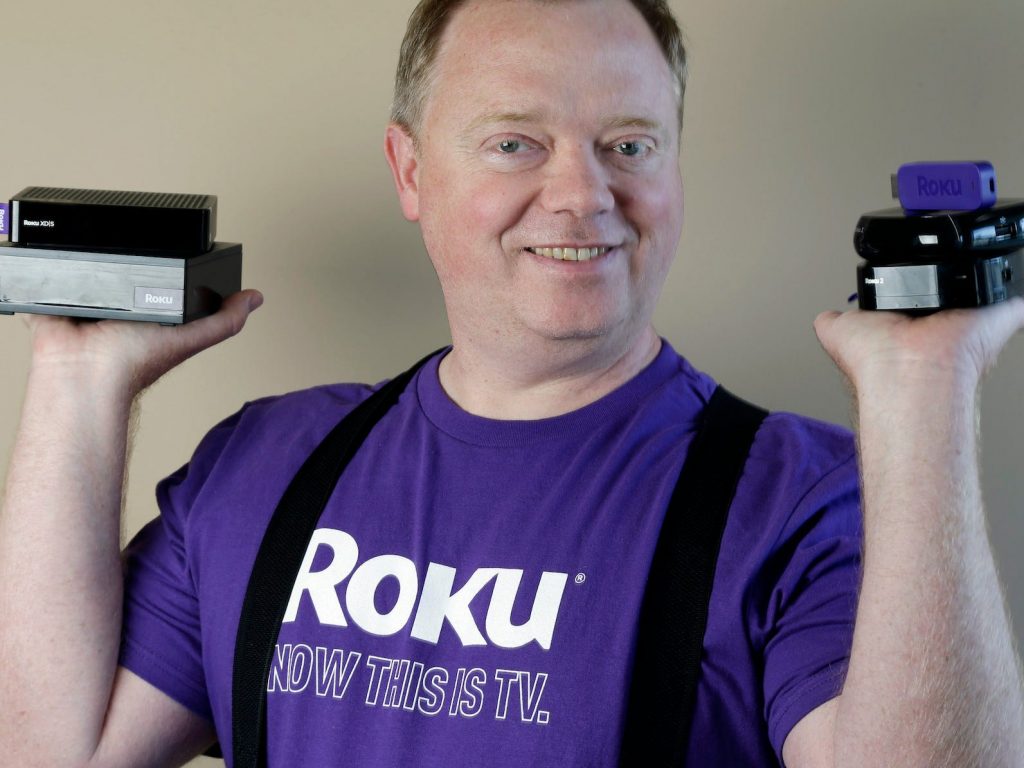
Marcio Jose Sanchez/AP
- Roku hasn't always owned content that it could market to viewers.
- But that all changed when it bought failed streaming project Quibi this year in a major pivot
- Now Roku is competing against Netflix, which spun it off back in 2008.
- See more stories on Insider's business page.
Roku once had a huge appeal for customers: it didn't own its own content to aggressively push on viewers.
The so-called content-agnostic streaming player had become a household middleman, helping people watch Netflix, HBO Max, Amazon Prime Video, and others on their TV with its easy-to-use hardware.
But in 2021, that all changed.
In January, Roku bought Quibi, the failed pandemic-era streaming project that wanted to capitalize on people's short attention spans. And in May, Roku started airing Quibi's programs as Roku Originals for free on its ad-supported Roku Channel.
The move into airing original content is a stark departure from its long-time business model, merely helping streamers showcase their content. It has a long way to go but is now among the ranks of power players like Netflix, HBO Max, and others.
It turns out the company, now worth more than $40 billion, isn't the discarded Netflix spin-off it once was.
Netflix didn't think Roku would succeed.

Philippe Huguen/AFP/Getty Images
Roku's first streaming box rolled out in 2008 after being developed while its founder was simultaneously working at Netflix and at Roku.
Reed Hastings and Roku founder Anthony Wood initially worked together to produce a streaming box for Netflix that would allow viewers to stream content from anywhere, including from Apple TV and Xbox, CNBC reported. But those companies were less than thrilled by the idea of people watching Netflix on their platforms, and Netflix opted to divest the division - named Project Griffin - to Roku, and Wood followed.
"There was Xbox and PlayStation and Samsung and Apple TV," Hastings told CNBC in June. "Frankly, we didn't think Roku had much of a chance."
Netflix sold its remaining Roku stock in 2009 at a $4.3 million loss, the outlet reported. If it hadn't, that stake would be valued at about $7 billion today.
Roku has earned a name for itself in decentralized streaming devices and software. Roku's own line of TVs holds a 38% market share in the US, according to data from the NPD Group. It also makes other accessories like soundbars.
It's consumed the largest bite out of the connected TV market in the US, beating out Apple and Amazon, and ended 2020 with 51.2 million active accounts- in other words, 51% of US homes had a Roku streaming device as of last year.
Roku did not respond to interview requests for this story.
Roku's playing with the big dogs now, including Netflix

The Roku Channel used to only air lackluster content from other media companies. Its Quibi acquisition represents the first bevy of original programming that Roku will own and stream on its platform.
That includes "Die Hart" starring comedian Kevin Hart, "FreeRayshawn," "Reno 911!," and Chrissy Tiegan's "Chrissy's Court."
And it turns out that yes, people are watching. The streaming giant said in June that the top 10 most-watched programs on its Roku Channel between May 20 and June 3 were Roku Originals.
It also expects to air 45 Roku Originals by the end of the year, with the $1 billion that it raised in March could go toward original content production, a former board member told CNBC.
Indeed, earlier this month, the company said it's writing and producing "Zoey's Extraordinary Playlist," a canceled NBC program, into a movie in what is another effort to wade into original programming.
However, Hastings told the outlet that Netflix doesn't see Roku as a competitor. "They're not a big threat to us," he said.

